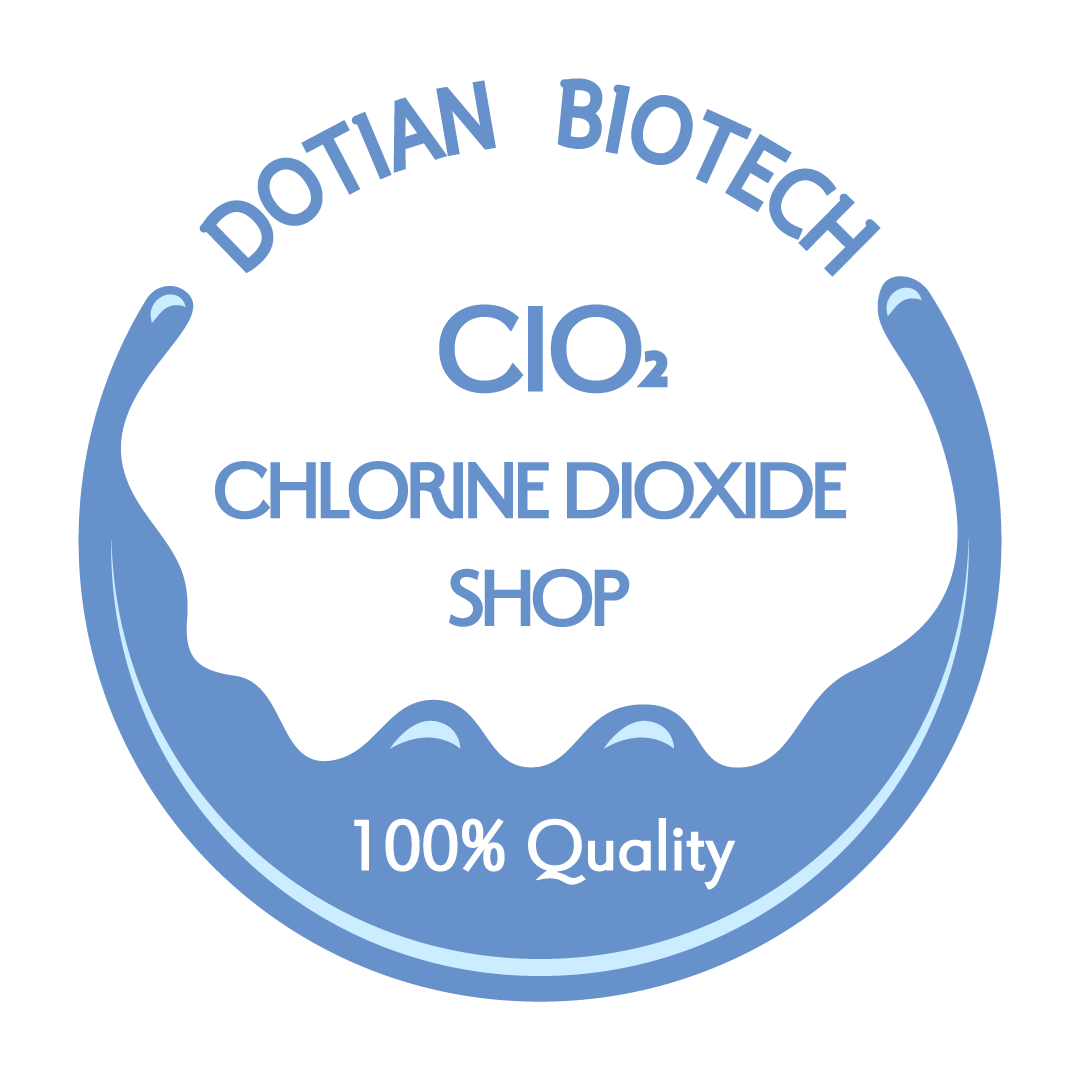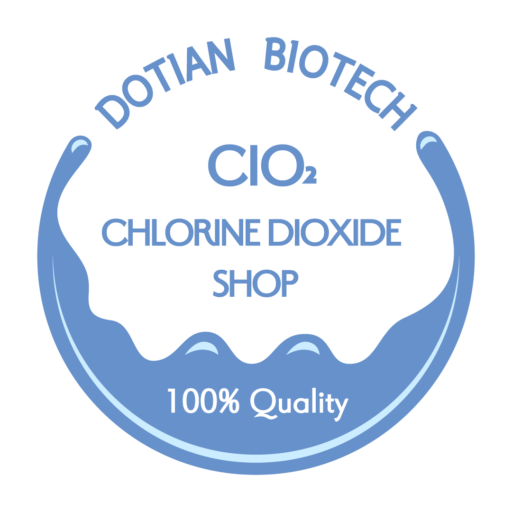Key words: Sustainable Solutions, Water Scarcity, Environmental Degradation, Air Pollution
In our interconnected world, the stability of ecosystems, human health, and global economies are deeply intertwined with the availability and quality of essential resources. Among these, water and air stand as pillars of life. It is critical not only for survival but also for the flourishing of societies. However, the escalating crises of water scarcity, air pollution, and environmental degradation pose severe threats to the sustainability of our planet. Understanding the complexity of these issues is vital as we seek comprehensive and sustainable solutions.
The Interconnected Crisis of Water Scarcity and Environmental Degradation
Water scarcity is a growing global crisis driven by multiple factors. It includes population growth, climate change, over-extraction of water resources, and pollution. The global population is projected to reach 9.7 billion by 2050. At that time the demand for water for domestic, agricultural, and industrial purposes is expected to soar. This will put immense pressure on already strained water supplies.
Climate change further exacerbates this issue by disrupting natural water cycles. Changes in precipitation patterns, increased frequency and severity of droughts, and the melting of snowpacks in mountainous regions lead to uneven distribution and availability of freshwater. These disruptions have far-reaching impacts on ecosystems, agriculture, and human settlements, particularly in regions already vulnerable to water shortages.
Over-extraction of water from rivers, lakes, and aquifers compounds the problem. The unsustainable withdrawal of water for irrigation, industrial use, and urban consumption depletes natural water sources faster than they can be replenished. These will lead to drying rivers, shrinking lakes, and declining water tables. This not only reduces the availability of freshwater but also disrupts ecosystems that depend on these water bodies for survival.
Moreover, pollution from industrial waste, agricultural runoff, and untreated sewage contaminates water supplies. These render them unsafe for human consumption and harm aquatic ecosystems. Polluted water sources exacerbate scarcity by reducing the availability of clean, potable water, creating a vicious cycle that further strains water resources.


The Pervasive Threat of Air Pollution
While water scarcity is a pressing issue, air pollution represents an equally critical challenge. It impacts both human health and the environment. The burning of fossil fuels, industrial emissions, deforestation, and agricultural activities release large quantities of pollutants into the atmosphere, including particulate matter, nitrogen oxides, sulfur dioxide, and volatile organic compounds.
These pollutants have severe health consequences, contributing to respiratory and cardiovascular diseases, premature deaths, and exacerbating existing health conditions. Vulnerable populations, such as children, the elderly, and those with preexisting health conditions, are particularly at risk. Air pollution is also linked to the worsening of climate change. It includes greenhouse gases like carbon dioxide and methane, which trap heat in the Earth’s atmosphere.
The environmental impact of air pollution is profound. It contributes to acid rain, which damages forests, lakes, and soils, leading to loss of biodiversity and disruption of ecosystems. It also contributes to the formation of ground-level ozone. Ozone harms crops and reduces agricultural yields, further straining food production systems that are already under pressure from water scarcity.

The Importance of Sustainable Practices and Technological Innovation
Addressing the twin challenges of water scarcity and air pollution requires a multifaceted approach. It integrates sustainable practices, technological innovation, and robust environmental policies.
Sustainable water management practices are essential to preserving and efficiently using our limited water resources. This includes adopting advanced irrigation techniques, such as drip irrigation, which significantly reduces water wastage in agriculture. In urban areas, the implementation of water-saving technologies, efficient distribution systems, and wastewater treatment facilities can help conserve water and reduce pollution.
Investment in modern infrastructure is also critical. Upgrading and expanding water storage, distribution, and treatment facilities can improve the availability and quality of freshwater. Similarly, investing in clean energy technologies and transitioning away from fossil fuels can reduce air pollution and mitigate the impacts of climate change.
Regulatory measures play a key role in controlling pollution. Enforcing strict regulations on industrial emissions, promoting the use of cleaner production technologies, and encouraging the adoption of sustainable agricultural practices can significantly reduce the release of pollutants into the environment. Additionally, public awareness and education campaigns are crucial in fostering a culture of sustainability and encouraging responsible consumption and waste management.
A Call to Action: Safeguarding Our Future
The challenges of water scarcity, air pollution, and environmental degradation are deeply interconnected and require immediate and coordinated action. As a society, we must prioritize the protection of our natural resources and the environment to ensure a sustainable future for generations to come.
At DOTIAN®, we are committed to promoting green, environmentally friendly, and sustainable solutions. These contribute to the well-being of our planet and its inhabitants. Through innovative products and practices, we aim to reduce our environmental footprint and support global efforts to combat water and air pollution.
The time to act is now. By embracing sustainable practices, investing in clean technologies, and fostering global cooperation, we can overcome these challenges and create a healthier, more resilient world for all. Our future depends on the choices we make today, and together. We can build a more sustainable and prosperous future for generations to come. Contact DOTIAN® today to explore effective and sustainable solutions together.
-
1g Chlorine Dioxide Tablet for Poultry Disinfection
-
Chlorine Dioxide Disinfection Tablets
-
Chlorine Dioxide Effervescent Powder Medicine Grade
-
Chlorine Dioxide For Food Processing
-
Chlorine Dioxide Powder Agriculture
-
Chlorine Dioxide Powder Food Grade
-
Chlorine Dioxide Powder for Aquaculture
-
Chlorine Dioxide Powder for Cooling Tower
-
Chlorine Dioxide Powder For Water Treatment





